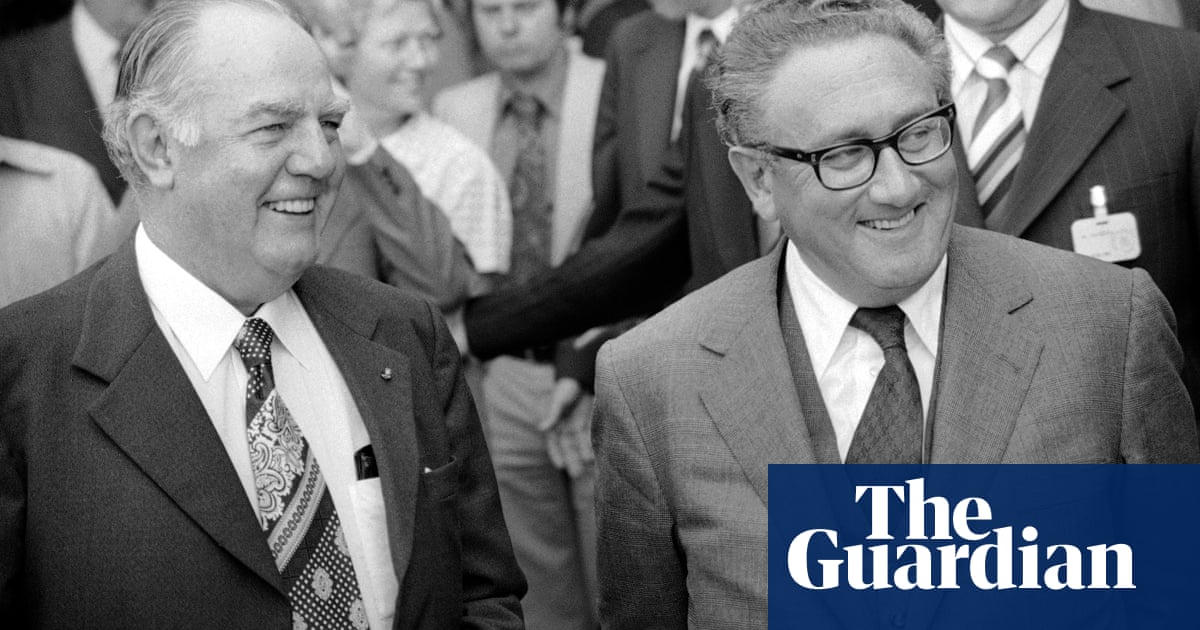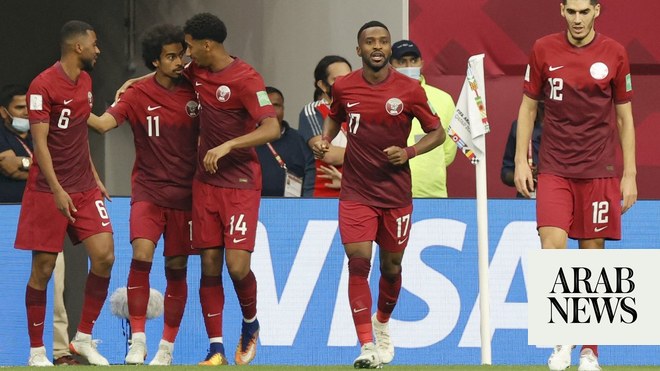
Astrid Viaud’s “EU Diplomacy and the Iran Nuclear Deal” has gained growing importance in light of the current wave of protests hitting the cleric-led country.
Most demonstrations are demanding the delivery on economic promises made by the regime after poverty and unemployment have taken toll on the public. Even more, protesting for freedom, the Iranian people have also demanded a change in authority and instating a healthy democracy.
Written by Viaud, who is a doctoral researcher at the Louvain-Europe Institute of Political Science at the Catholic University of Louvain, the work was published by Belgium’s KU Leuven publishing house.
Seeking to decipher the Iranian nuclear program, the book sheds light on the role played by the European Union in limiting the chances of Iran possessing a nuclear bomb, especially in light of massive distrust hindering the West’s relationship with the Tehran regime.
The author also highlights dimensions of professional coordination between foreign policies of EU member countries, which played an active role aided in preventing Tehran’s ambitions in seeking nuclear armament.
Viaud reveals details on German, French and Britain politics which fostered the later European consensus.
First, diplomatic efforts worked on garnering a unified position among the three countries on the Iranian nuclear file and then presented it to EU Foreign Policy offices.
Being a thorny bush to tackle, most political maneuvers took place outside the European Council. It would have been no easy task to reach European agreement on negotiations with Tehran within the tight corridors of European institutions.
Relaxing from detailed European framework, the three countries found it possible to push the negotiation process on this heated topic.
Reviewing the EU’s vision of the Iranian nuclear issue, the author also chose to highlight the EU relying on its economic weight so that it increases the political power of each country partaking in the international scene.
The EU insisting on imposing economic sanctions against the Iranian regime for over six years confirms the unions desire to lay this matter to rest.
But despite Irans signing of the Nuclear Non-Proliferation Treaty (NPT) in 1968 and its ratification in 1970, Western society feared that Iran would not comply and still seek out nuclear weapons.
Each of Germany, France and Britain based their positions on principles set by great powers at the time of the resumption of negotiations in 2013, which demanded strong guarantees to prevent Iran from putting its hands on nuclear weapons.
The nuclear agreement signed between the international community and Iran on July 14, 2015 represents the fruits of a serious and arduous diplomacy that stretched for more than 21 months.
Standing as proof to the success of European diplomacy, the EU’s “carrot and stick" policy had won over the other robust option on the table, military intervention.
Some NATO member states, and some countries such as Israel and others had long eyed a decisive military choice.
In the midst of troubled politics and intertwined interests, Europe has always worked to create constructive dialogue with Iran, a dialogue that has seen ups and downs. Nevertheless, Europe has generally succeeded in reaching constructive and effective talks.
The EU played both good cop and bad cop—at a point the group not only directed and implemented UN Security Council sanctions but sought to impose other sanctions on Tehran in coordination with the US.
These sanctions were made more stringent from 2010 to 2012 and have had a direct impact not only on the Iranian economy but also on the power circles there.
On the other hand, Europe succeeded in strengthening its position as an honest broker between the main international partners (Russia and China) on the one hand and the Americans on the other, in an attempt to find an appropriate place in negotiations with Iran while respecting other geographical balances in the region.
Europe has sought, through this position, to preserve the social fabric of the region, which is in a state of imbalance against the backdrop of the Iraqi unsettled situation. This is in addition to the Ukrainian crisis, which has also begun to affect the international arena since 2014, which tipped the scales in its own ways in files within and outside the regional scope.
Another important reason for the success of the dialogue was the European negotiating team enjoying a largely diverse and collective flexibility, away from the particular interests of each EU member state.












